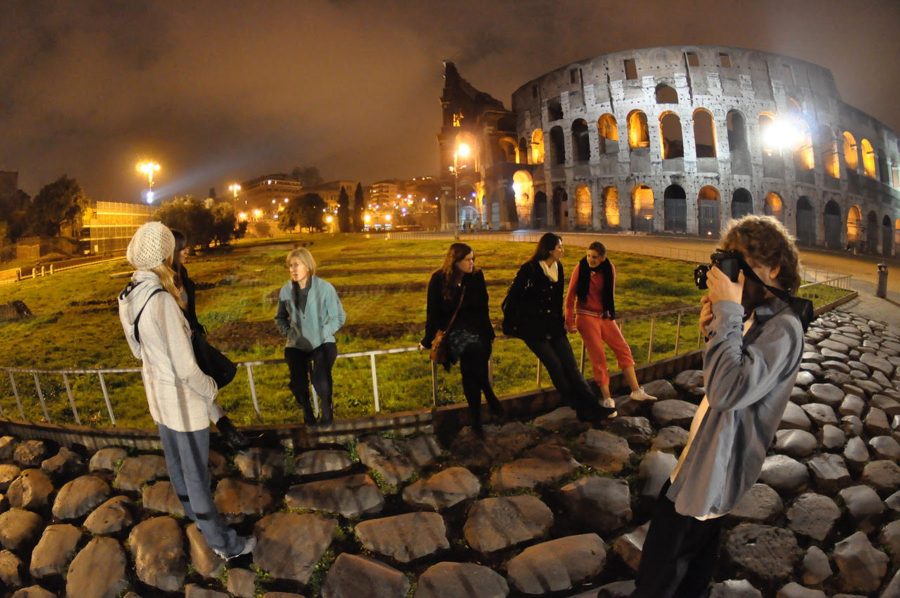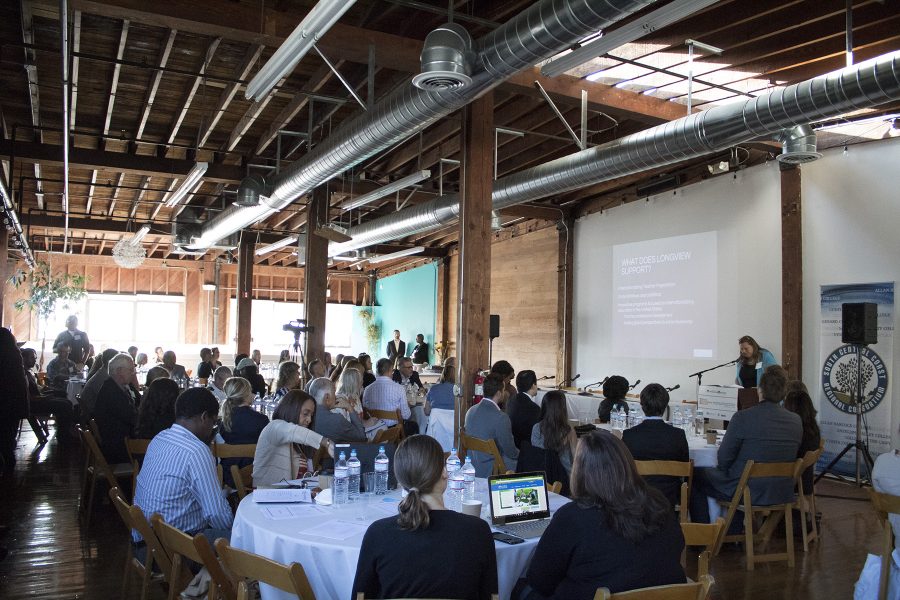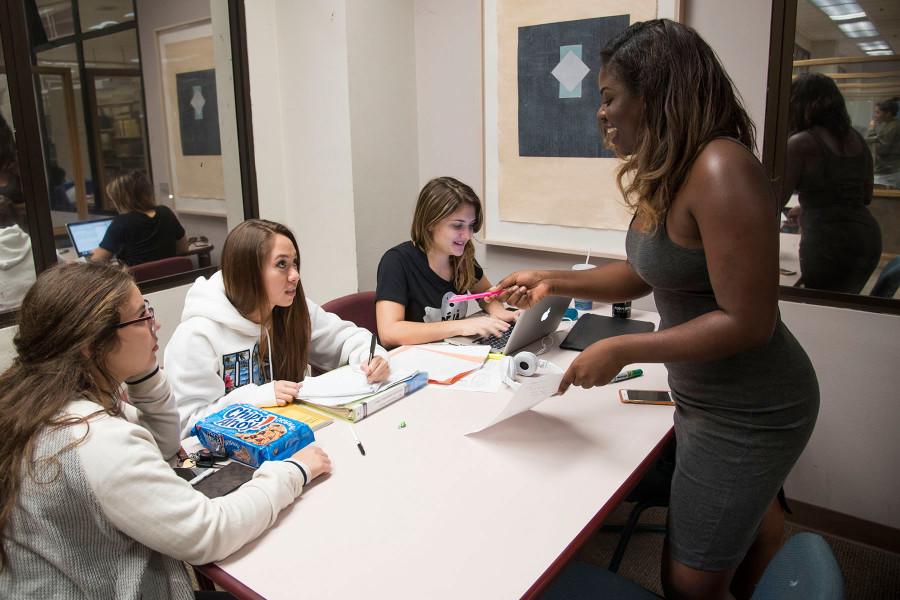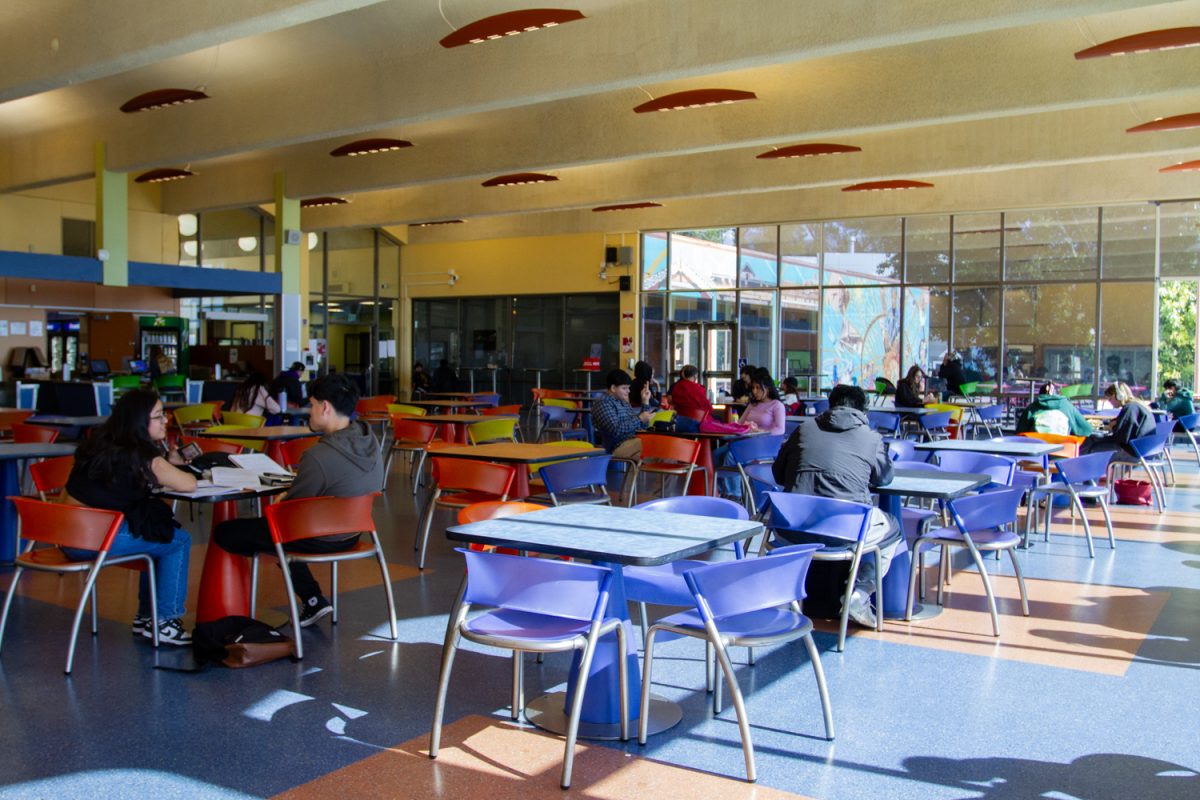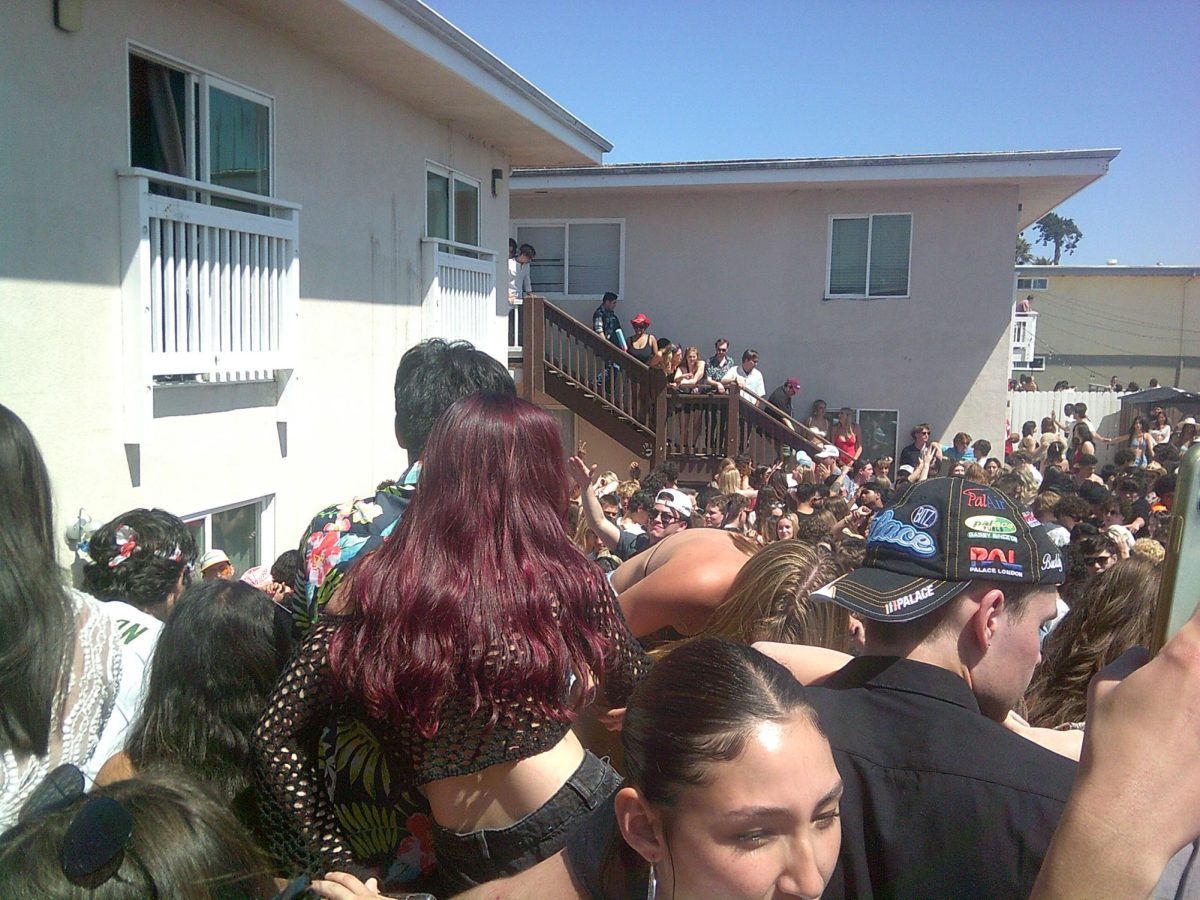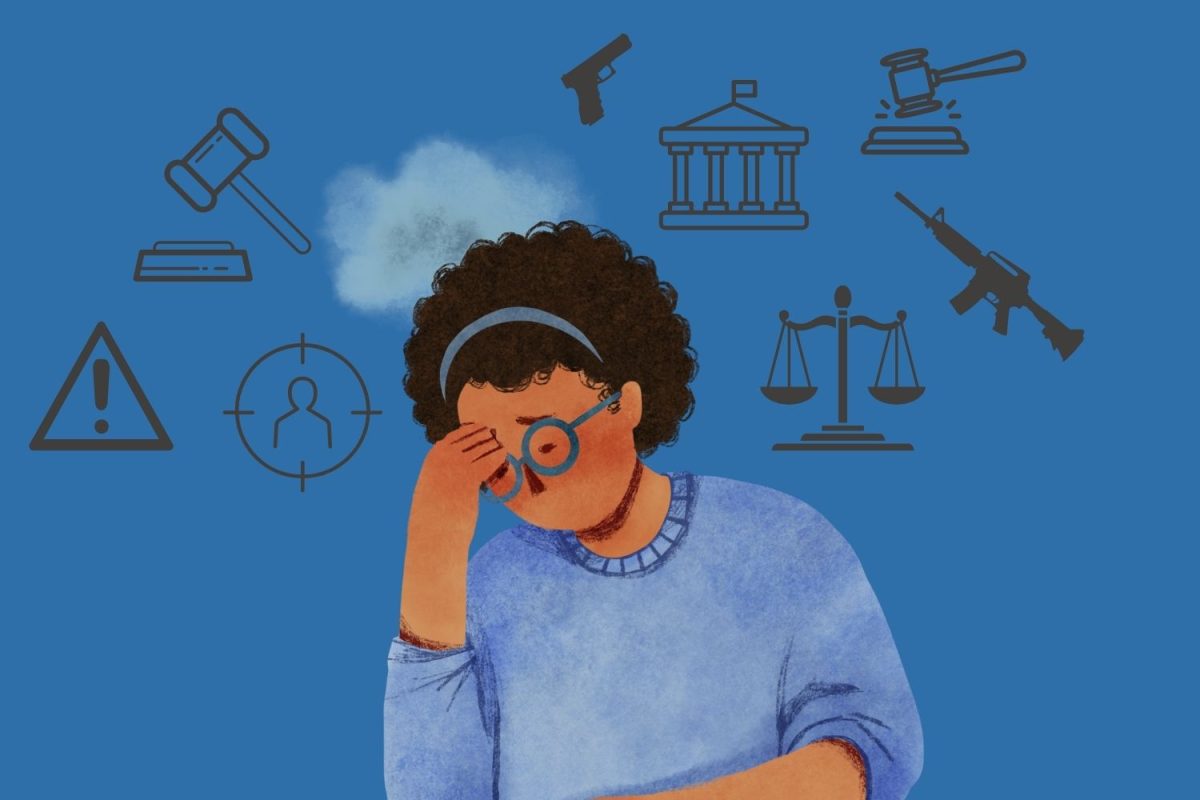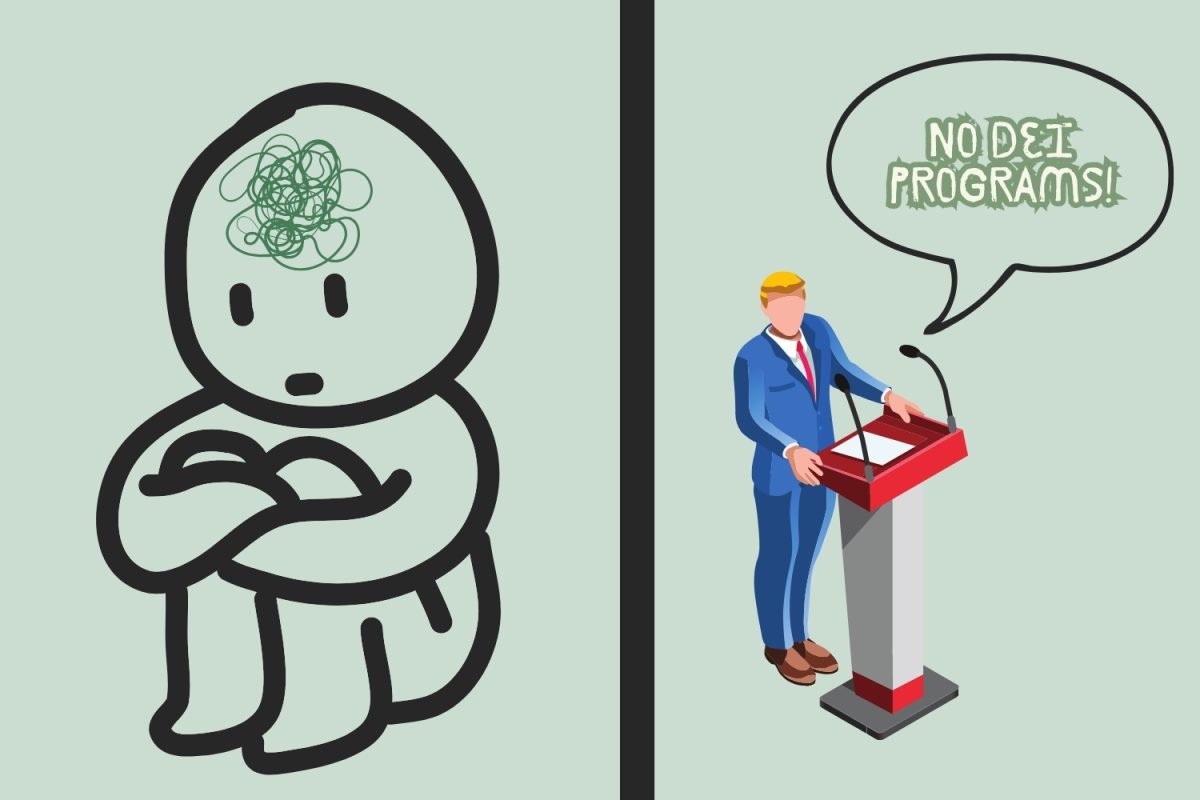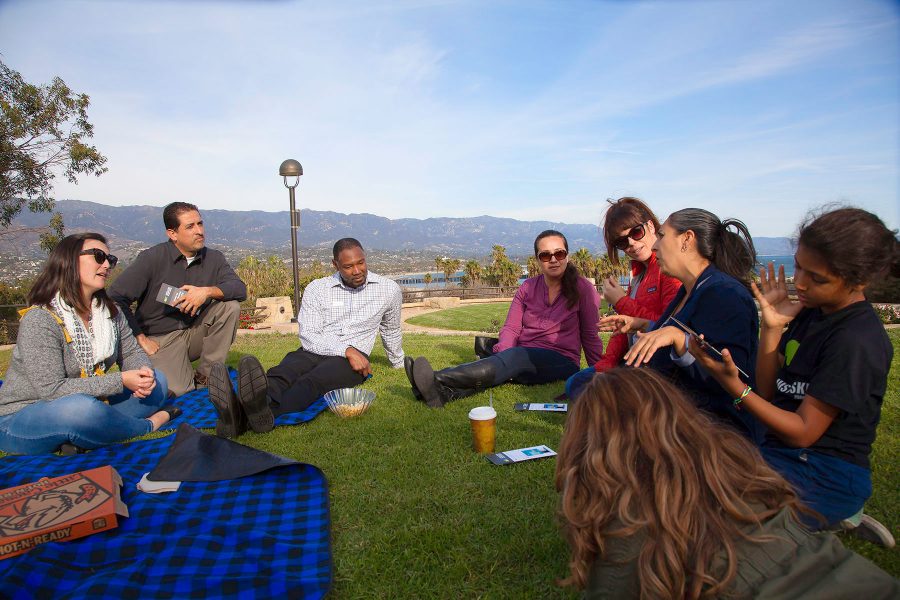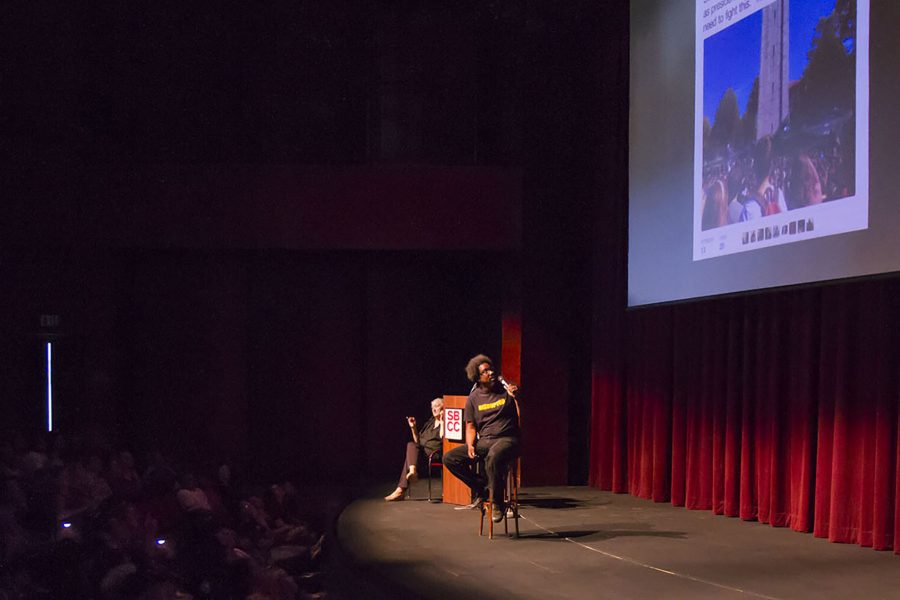It was a sad but necessary day when a published photo changed the world and its imaginary perfection.
Alan Kurdi, a 3-year-old Kurdish boy, was found dead on a beach. He died because his parents truly believed sending their family on a journey across the dangerous Mediterranean Sea in an overfilled rubber boat was safer than staying; safer than their home.
“The fear of staying in Syria and Iraq wins over any fears of hazards on the sea,” said Patric Mansour, a protection officer for the United Nations refugee agency, in an article published by the organization.
This tragic image finally opened people’s eyes to see beyond the comforts of their homes and into the reality of immigrants across the world. It brought the realization that it’s time for every nation across the globe to take responsibility and help in anyway possible to lighten the burden for those in need. It is time for a combined effort to finally put an end to Europe’s worst refugee crisis since World War II.
The conflict in Syria reached its fifth year in March. This ongoing civil war shortly evolved into a pure genocide that forced the Syrian population to fight, to flee their homes, and to send their innocent children on death travels in beliefs that it would bring them to safety.
But the citizens of Syria were filled with false hope, and many of their journeys reached a tragic destination that ended at the bottom of an ocean. And for those who successfully crossed the dangerous sea and hoped to reach a shore of welcoming and helping arms, they were instead faced with more setbacks.
These adversities took the shape of narrow-minded governments and razor-wire border fences, actions easily translated to “refugees not welcomed.” They faced more struggles, all because of their origin and a corrupt government that eventually forced them to flee.
When Europe closed its borders, it was an immediate reflection of its residents who closed their hearts and homes. The privileged with the luxury of a safe nation, home and reliable governments literally turned the other cheek on humans in need.
They argued that the closed borders were necessary because they can “hardly take care of their own,” let alone a larger population and that this would be a solution to the refugee crisis.
But it is not too late for a change.
The impact of the media can be a powerful thing. That was proved once again this past week, when a picture of a little boy’s lifeless body washed up onshore was published.
The New York Times stated that rights activists and reporters “suggested that the distressing images needed to be seen and could act as a catalyst for the international community to finally halt the war in Syria.”
And they were right on one point. This controversial image was the force that struck people, and flooded them with the realization that the world is at war. And they are all bystanders.
The end to these conflicts and people’s misery are nowhere to be seen.
But if the world would come together and help the ones in need, there is a great possibility of change. The thought of an equal distribution of refugees might be an abstract and unrealistic solution for many, but everyone should share the burden. And this applies to countries outside of the European Union too, who can tribute with money, medical aid and helping hands.
The little boy and his older brother didn’t deserve their fate. It’s up to the rest of the world to prove to his family that they didn’t die in vain, and that we will make a difference.
The picture of Alan Kurdi’s lifeless body opened people’s eyes, and like the social media response said, the tragedy truly showed how our “Humanity Washed Up on Shore” with him.
Don’t let this be the end result, where the bottom of an ocean wins.


